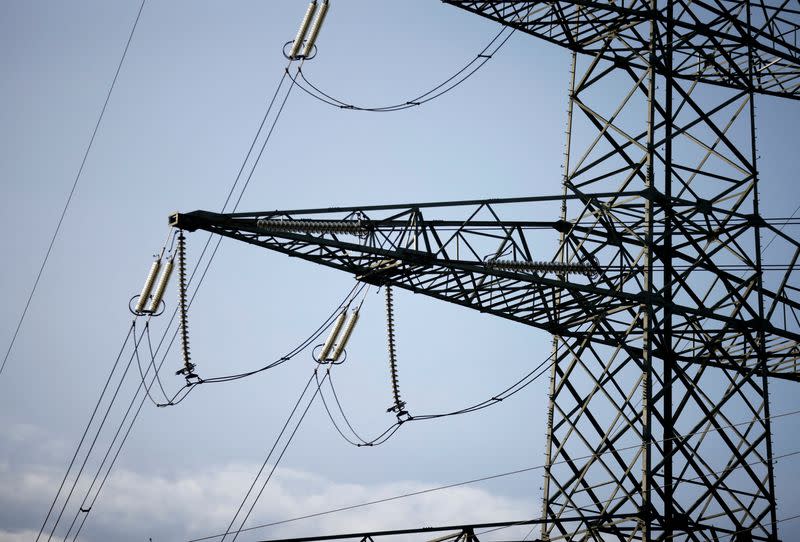EU puts an end to its electricity market crisis measures

BRUSSELS (Reuters) -The European Commission said on Monday it had decided not to prolong emergency measures introduced last year to shield consumers from soaring energy prices, adding those measures had helped to contribute to a calming of European electricity markets.
At the end of 2022, the 27-member European Union was in the midst of an acute energy crisis fuelled by Russia's invasion of Ukraine, with member states then ploughing hundreds of billions of euros into tax cuts, handouts and subsidies to tackle the crisis.
"The Commission confirms that it will not propose a prolongation of these crisis measures," it said in a statement, reminding these included electricity demand reduction measures, revenue caps for power plants and retail price setting rules.
Concerning gas, European Union countries agreed end March to extend for the next 12 months, until March 2024, a voluntary target to curb their gas demand by 15%.
The Commission added that electricity prices have now decreased to less than 80 EUR/MWh and gas prices have not only fallen but also stabilised, to the extent that the electricity price spikes observed throughout 2022 are considered "less probable to occur in the upcoming winter".
"EU countries reported that they broadly respected the binding target of reducing electricity consumption by 5% at peak hours – an important step for easing price pressure. "
The Commission also said that some aspects of the emergency measures had been included in its proposals for longer-term structural adjustments in the electricity market design.
Those proposals aim to try to increase the use of fixed-price power contracts, shield consumers from price spikes and speed up the shift to renewable energy.
(Reporting by Benoit Van Overstraeten; Editing by GV De Clercq)

 Yahoo Finance
Yahoo Finance 